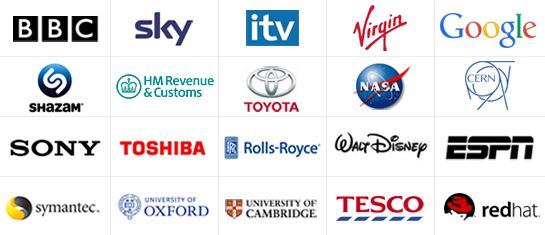 Assemblage, Expédition et Support de toutes les commandes depuis l'Union Européenne
Assemblage, Expédition et Support de toutes les commandes depuis l'Union Européenne

 Assemblage, Expédition et Support de toutes les commandes depuis l'Union Européenne
Assemblage, Expédition et Support de toutes les commandes depuis l'Union Européenne

Reponsible Diffusion of AI Technology
Read the below explainer to understand how the new US rules around AI hardware effect you.
The AI Diffusion Framework, introduced by the U.S. Department of Commerce’s Bureau of Industry and Security in January 2025, is a set of export control regulations aimed at managing the global spread of advanced AI technologies, including AI servers powered by cutting-edge chips like GPUs
It seeks to balance U.S. national security interests with technological innovation by controlling who can access these powerful systems and under what conditions.
Here’s how it impacts customers looking to buy AI servers as of February 28, 2025:
The framework divides the world into three tiers. Tier 1 includes the U.S. and 18 close allies (e.g., Japan, South Korea, NATO partners), who face minimal restrictions and can purchase AI servers with advanced chips relatively freely. Tier 2 covers most other countries, where customers can buy AI servers but are subject to strict caps on computing power-measured in Total Processing Power (TPP)-such as a limit of about 1,699 NVIDIA H100-equivalent GPUs per customer annually without a license. Tier 3 includes adversarial nations like China and Russia, where access to advanced AI servers is effectively blocked.
For customers in Tier 2 countries-think businesses, research institutions, or governments in places like Singapore or much of the Middle East-this means navigating a licensing process for anything beyond modest AI server purchases. They can buy smaller setups (up to the TPP cap) without much hassle, but scaling up requires approval from U.S. regulators, which could delay projects or increase costs. Companies relying on U.S.-based cloud providers (e.g., Microsoft, AWS) might still access AI compute remotely, but on-premises server deployments face supply chain hurdles and compliance burdens.
For now, customers in Tier 1 enjoy smoother access, while those in Tier 2 must plan around caps or pivot to cloud solutions-assuming they can meet U.S. security standards. With the Trump administration taking office, though, these rules could shift after the public comment period ends in May 2025, adding uncertainty for buyers worldwide.

The AI Diffusion Framework doesn’t provide an exhaustive, publicly detailed list of every country in each tier. Instead, the tier assignments are inferred from existing U.S. export control policies, strategic alliances, and statements from the rulemaking process.
Based on available information, here’s a breakdown of how countries are likely categorised:
These are countries with strong U.S. security alignments, often part of formal alliances or trusted trade partnerships.
They face the least restrictions on purchasing AI servers with advanced chips.
This is the broadest tier, covering nations that aren’t top-tier allies or adversaries.
Customers here can buy AI servers up to a Total Processing Power (TPP) cap (e.g., equivalent to ~1,699 NVIDIA H100 GPUs annually) without a license, but scaling beyond that requires U.S. approval.
Examples:
These are countries where advanced AI server exports are effectively banned or tightly controlled due to national security risks or sanctions.
For a precise list, customers would need to consult the U.S. Department of Commerce directly or monitor updates post-May 2025, when the framework’s comment period ends and potential revisions under the Trump administration might clarify borders.
To better understand the The AI Diffusion Framework, how it effects you, and how Broadberry can meet your GPU solution needs, please contact us, or find out more here .

 Notre Procédure de Tests rigoureuse
Notre Procédure de Tests rigoureuseAvant de quitter nos ateliers, toutes les solutions de serveur et de stockage Broadberry sont soumises à une procédure de test rigoureuse de 48 heures. Ceci, associé à un choix de composants de haute qualité, garantit que toutes nos serveurs et solutions de stockage répondent aux normes de qualité les plus strictes qui nous sont imposées.
 Une Flexibilité Inégalée
Une Flexibilité InégaléeNotre principal objectif est d'offrir des serveurs et des solutions de stockage de la plus haute qualité. Nous comprenons que chaque entreprise a des exigences différentes et sommes en mesure d'offrir une flexibilité inégalée dans la personnalisation et la conception de serveurs et de solutions de stockage.
Nous nous sommes imposés comme un incontournable fournisseur de stockage en Europe et fournissons depuis 1989 nos solutions de serveurs et de stockage aux plus grandes marques mondiales. Quelques exemples de clients :
